From our Winter 2024 issue, Palestinian poet Samer Abu Hawwash’s “My People”, translated by Huda J. Fakhreddine, was voted the number one piece by our internal team. It’s easy to understand why—not only is the poem a stunning work that aligns its vivid, rhythmic language with the devastations and violences of our present moment, it is also translated with great sensitivity and emotionality into an English that corresponds with a tremendous inherited archive, and all the individuals who are keeping it—and the landscape—alive. In the following interview, Fakhreddine speaks to us about how this poem moves from hopelessness to resistance, from the great wound of war to the intimate determinations of the Palestinian people.
Sebastián Sánchez (SS): Reading your translation of Samer Abu Hawwash’s “My People” is striking, as one gets the sense that this is the closest we might get to putting into words the unspeakable horror that is occurring currently in Gaza. What led you to decide to translate this poem in particular? What was your relationship with Hawwash’s work before you decided to translate “My People”?
Huda J. Fakhreddine (HJF): I have been unable to do anything other than follow the news from Gaza and try my best to stay afloat in these dark times, especially when I, and others like me in American institutions, are facing pressures and intimidation for merely protesting this ongoing genocide. Since last fall, we have been threatened and exposed to vicious campaigns for merely celebrating Palestinian literature and studying Arabic culture with integrity. If we accept the fact that we are expected to be silent when more than 30,000 Palestinians are genocidally murdered, and accept the false claim that this does not necessarily fall within the purview of our intellectual interests, we are nothing but hypocrites and opportunists.
I find a selfish consolation amid all this in translating poems from and about Gaza. I need these poems. They don’t need me. Samer shared this poem with me before he published it in Arabic, and it arrested me. It so simply and directly contends with the unspeakable, with the horrifying facts of the Palestinian experience. Samer confronts the unspeakable head on and spells it out as a matter of fact. This paradox of a reality that is at once unimaginable and a matter of fact is what makes this poem. Samer achieves poetry with a simple, unpretentious language like a clear pane of glass that frames a scene, arranges it, and transparently lets it speak for itself.


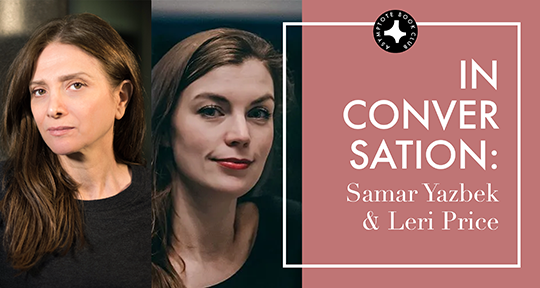
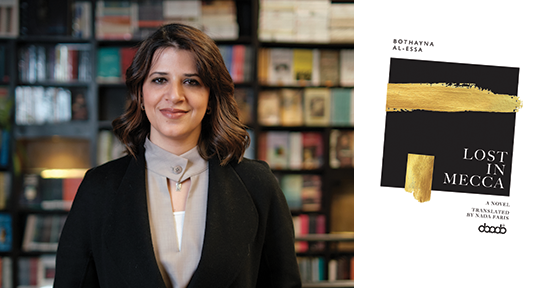


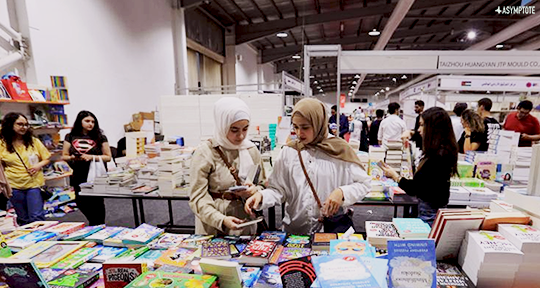


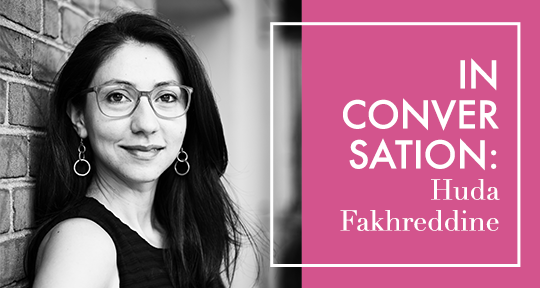

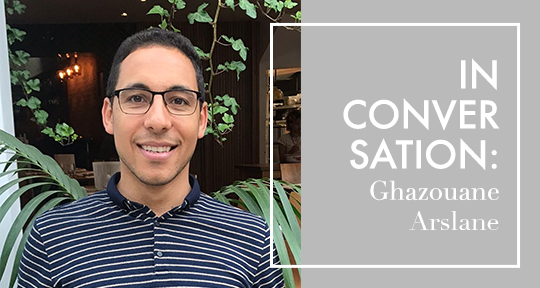
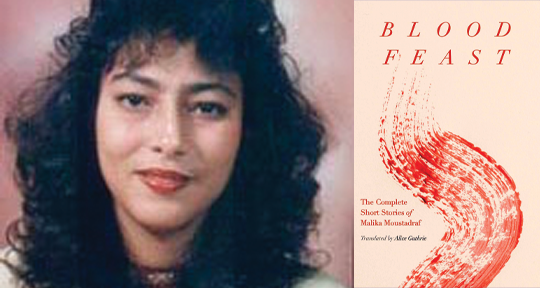
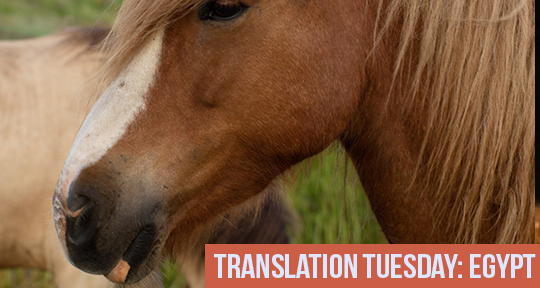
From Silly to Deadly: On Shalash the Iraqi by Shalash
. . .key to the humourist’s arsenal is none other than language itself—its malleability, its capacity for aggrandisement and diminishment alike.
Shalash the Iraqi by Shalash, translated from the Arabic by Luke Leafgren, And Other Stories, 2023
Anonymity fascinates and seduces. Endless speculations have circled invasively around who Elena Ferrante “truly” is; Catherine Lacey’s recent Biography of X reckons with erasing a layered past with a single letter of the alphabet; the first season of Bridgerton, the hit Regency-era romance on Netflix, has its narrative engine propelled by the question of Lady Whistledown’s real identity. These instances from the Global North exemplify the allure of mystery, but they fail to account for the stakes of remaining nameless in a political climate where to unveil oneself might be to threaten one’s own safety.
One might, in a moment of facetiousness, think of the eponymous chronicler of Shalash the Iraqi as the Lady Whistledown of Iraq’s Sadr City (or Thawra City, as it is lovingly christened by Shalash). Both issued frequent dispatches from within the epicentre of social disarray, guaranteeing the pleasure of gossip. More importantly, their pseudonymous veneers facilitated a lurid candour that might not otherwise have been possible.
There the similarities end. The respectable circles of upper-crust London did not live in the penumbra of foreign occupation. Nor were they plagued with the constant risk of spectacular sectarian violence, or hampered by a corrupt government that has “thieves, cheats, swindlers, traders in conspiracies” for politicians. It was against such chaos that Shalash released his explosive, timely blog posts, garnering a rapidly expanding local readership despite patchy Internet access in the country. The academic Kanan Makiya tells us, in his introduction, that people were printing out the posts, “copying them longhand,” “bombarding Shalash with questions and opinions.” Even high-ranking cadres could not resist partaking in the fanfare: one official expressed admiration while entreating Shalash not to mock him, for fear of his children’s potential disappointment. Another claimed that upon reading the daily communiqués, he would fall off his chair laughing.
Laughter, perhaps, can always be counted on to forge an affinity, if not a unity, beyond fractures of sect, status, and ethnic affiliation. Iraqis would “drop everything for a good laugh”; they gather in bars and down glasses of arak to immerse themselves in a “great, communal, and nondenominational drunkenness.” Shalash knows this, and abundantly turns it to his advantage. Nothing and no one is spared from the crosshairs of his ridicule, populated by a variegated cast that encompasses sermonisers, soldiers, suicide bombers, and donkeys. A vice-president’s verbal pomposity sounds like “he just ate a few expensive dictionaries and is about to lose his lunch.” A woman about to be married off to an Australian cousin is told, should her fiancé divorce her, “just tell everyone that he’s a terrorist and you’ll have nothing to worry about.” An odious neighbour, eager to save a spot for himself in paradise, proselytises the necessity of voting in the referendum for Iraq’s new constitution: “Don’t you know the going rate for rewards in heaven for helping ratify the constitution? It’s worth a hundred visits to the shrine of the Eighth Imam, and that’s on the far side of Iran!” When the narrator casually uses Google Earth, he is accused of lecherously spying on the women of his residence, sparking off a widespread hysteria—and court case—about the “violation of the morals of the block.” Each instance of mockery is a shard in a wider mirror of collective trauma.
READ MORE…
Contributor:- Alex Tan
; Language: - Arabic
; Place: - Iraq
; Writers: - Abu al-Qasim
, - Ahmed Saadawi
, - Catherine Lacey
, - Elena Ferrante
, - Emily Dickinson
, - Hassan Blasim
, - Kanan Makiya
, - Maya Abu al-Hayyat
, - Shalash
; Tags: - American occupation
, - anonymity
, - arabic literature
, - blogging
, - humor
, - Iraqi literature
, - social commentary
, - US Invasion of Iraq